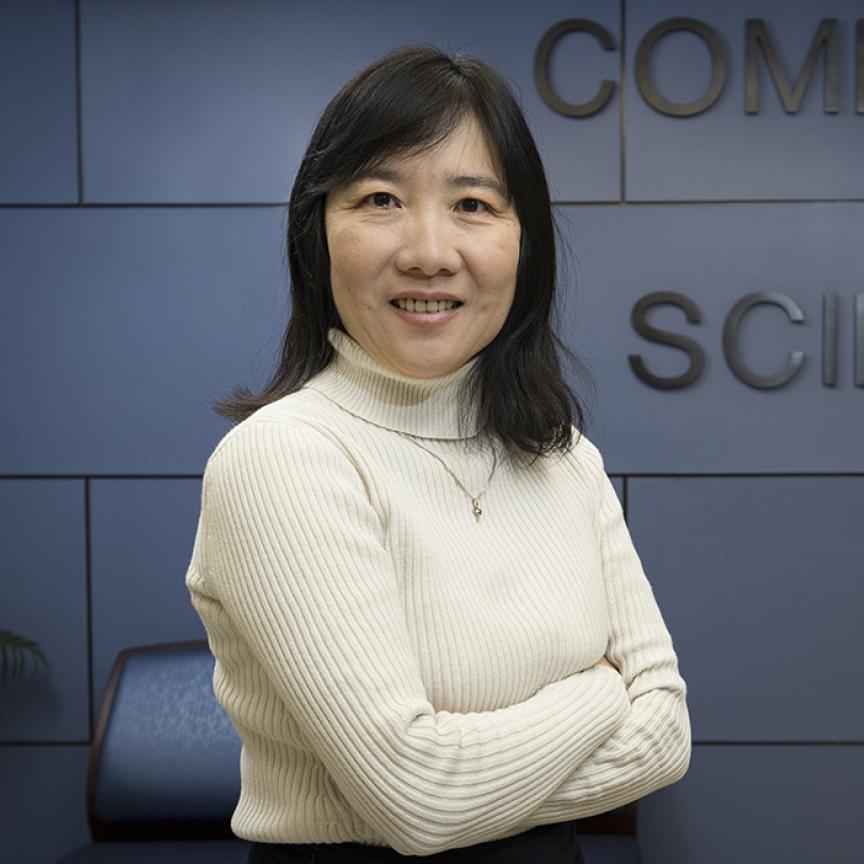Iris.ai, an artificial intelligence tool which helps researchers find relevant scientific papers and journals, today announced the launch of version 4.0.
The launch adds the Focus tool, an intelligent mechanism to refine and collate a reading list of research literature cutting out a huge amount of manual effort.
In 2016, over 2.2 million science and engineering articles were published1, 46 per cent more than a decade earlier. However, the cumulative mass of information means that most of it will never be cited by future research and put to use. With Artificial Intelligence there is no limit to the volume of knowledge that can be consumed and no bias in how it processes information.
Iris.ai uses a neural network algorithm to understand context and document similarity. It semi-automates the process of finding relevant scientific literature, a painstakingly manual process that is prone to error.
The previous generation of Iris.ai generated a research map, a visual representation of research literature tailored to a user’s area of interest that could be interactively explored before having to read any papers.
Iris.ai 4.0 adds to this by allowing the creation of intelligent filters to include or exclude topics of interest, retraining the algorithm as it goes. This significantly reduces the average time it takes for professional researchers to compile a full report of relevant papers to support their work. By doing the task completely manually it takes around three weeks to find, analyse and report on relevant research. Iris.ai reduces this to two days and increases the confidence level of results by 15 per cent.
Anita Schjøll Brede, CEO of Iris.ai said: ‘We live in a world where more scientific research is publicly available to us than ever before and millions of new research papers are published every year. The world of academia has never been as productive as it is today’.
‘The problem with having such a huge volume of research is that most of it never gets used. It’s estimated that half of research papers aren’t read by more than a handful of people2 and as many as 90 per cent of papers published are never cited3’ Brede added.
Iris.ai has the ultimate goal of creating an Artificial Intelligence-powered science assistant that will be able to autonomously search and extract useful knowledge, it will learn to ignore poor quality research as well as build new knowledge from its findings. The next step towards this goal will be to build Aiur, a community-governed Knowledge Validation Engine.
‘With Iris.ai, we are using Artificial Intelligence to develop a machine that can read and digest all this knowledge. With such a machine, we can accelerate the progression of knowledge, advance humankind and solve a lot of problems by facilitating better dissemination of research’ said Brede.
‘Our vision is to help the world’s scientists and engineers work closer together and use each other’s research more efficiently. Today’s 4.0 update is a significant step towards this vision, and will help scientists deal with information overload.’

